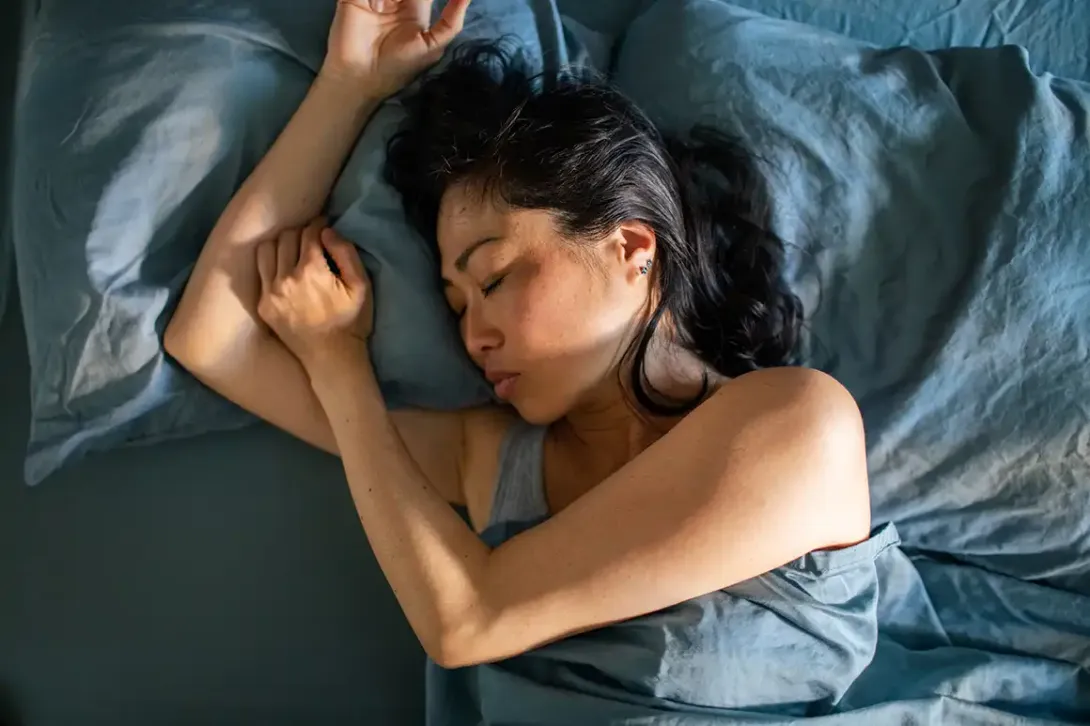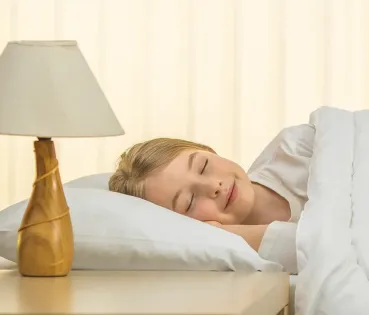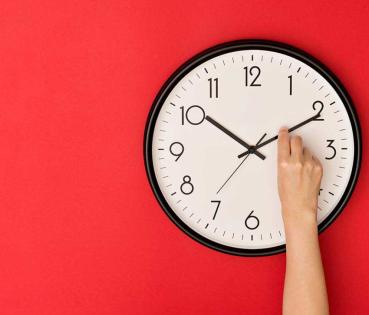
How many hours do we need to sleep and why?
Generally, babies may sleep up to fifteen hours a day, while adults may sleep about seven to eight hours a night. What does this difference depend on?
Napoleon was said to sleep only about four hours, while Einstein apparently slept more than ten hours a day. Those are two extreme cases, but how much sleep do we actually need? Although word on the street is that we need eight hours of sleep, in fact this number varies depending on your lifestyle, your genes and, above all, your age.
Se decía que Napoleón dormía solo unas cuatro horas, mientras que Einstein dormía más de diez horas al día. Son los dos extremos, pero ¿cuántas horas necesitamos dormir? Aunque popularmente se dice que necesitamos dormir ocho horas, esta cantidad varía en función del ritmo de vida de cada uno, su genética y, por encima de todo, su edad.
- Babies. Newborn infants need between 16 and 18 hours of sleep a day, according to the Spanish Association of Paediatrics, which points out that, as they grow older, the hours of sleep required will decrease. Up to the age of three, they will sleep approximately 13 hours a day, including naps, if necessary.
- Childhood. Children of primary school age need between 10 and 12 hours of sleep a day in order to grow and develop properly, although each child has his or her own specific needs.
- Adolescence. Teenagers need about 8-10 hours of sleep a day. According to KidsHealth, during this stage, the body's circadian rhythm shifts, mainly because melatonin is released later in the evening. This is why at this age they start going to bed somewhat later than during childhood. In adolescence, getting enough sleep helps them improve their school and sports performance, maintain good health, learn better and grow normally.
- Adulthood. Adults usually sleep between 7 and 8 hours. This rest is important in order to conserve energy and to be able to carry out a full range of daily activities and responsibilities.
- Old age. Starting from the age of 70 onwards, 6 or 7 hours of sleep can be enough. As they get older, some people have trouble falling asleep. Good sleep in older people can help reduce the risk of dementia, obesity and inflammatory conditions, among other benefits.
Why getting enough sleep is important
Getting adequate rest and sleep is essential for good health. Furthermore, getting enough sleep is not just a matter of sleeping a certain number of hours. Sleep quality is very important to ensure adequate rest, so that on waking the body is active and the person does not feel tired. As the US National Institutes of Health (NIH) remind us, sleep is crucial for well-being and affects not only your physical but also your mental health.
How to ensure a good night's sleep
The Spanish Sleep Society warns that between 20% and 48% of citizens have trouble sleeping. In fact, the World Health Organisation reminds us that sleep should not considered a pleasure, but rather one of our bodies’ basic needs. To rest and sleep better, there are certain habits that can help us:
- Keep a regular schedule for going to bed and waking up.
- Exercise regularly, but not right before going to bed.
- Stay away from screens and blue light sources (televisions, phones, tablets...) at least one hour before going to bed.
- Avoid caffeine and other stimulants at night.
- Keep the bedroom cool and well-ventilated, and also ensure it is dark and quiet.
- Practice relaxation and breathing techniques if you tend to suffer from insomnia.
Ultimately, getting enough sleep and minding one’s sleep habits helps people enjoy better health and well-being, both physically and mentally. Therefore, if you have recurrent sleep problems, it is recommended that you seek professional help.




